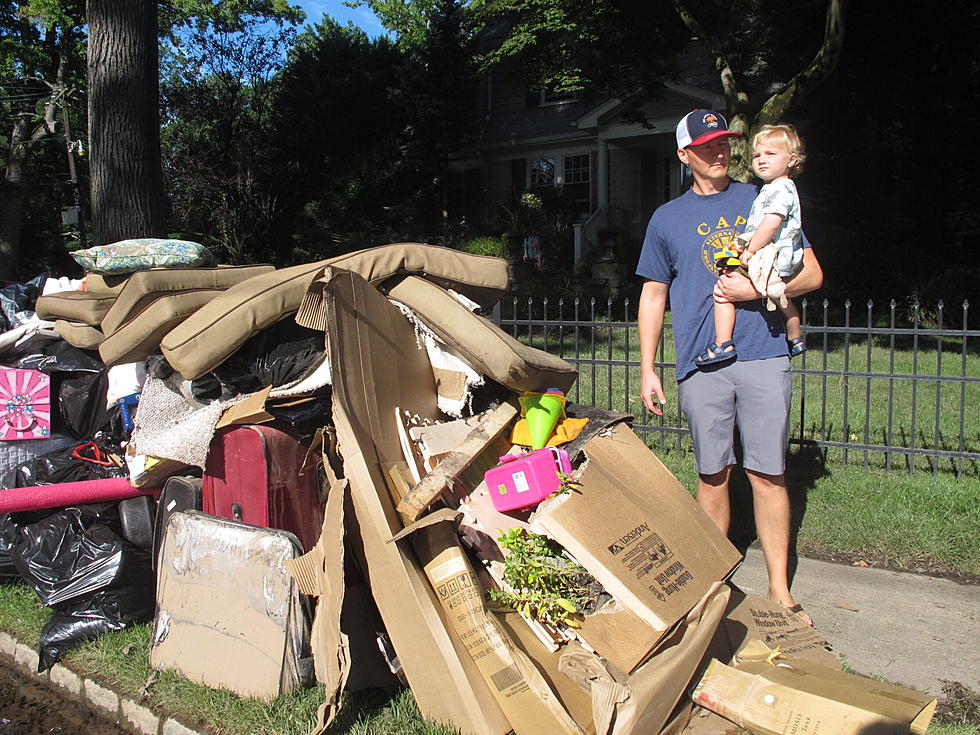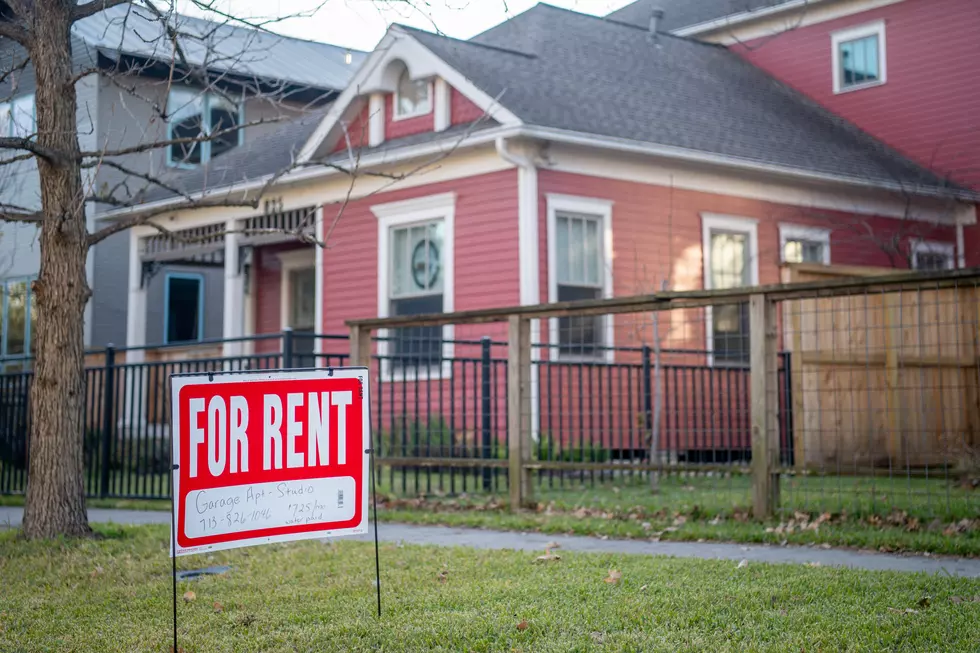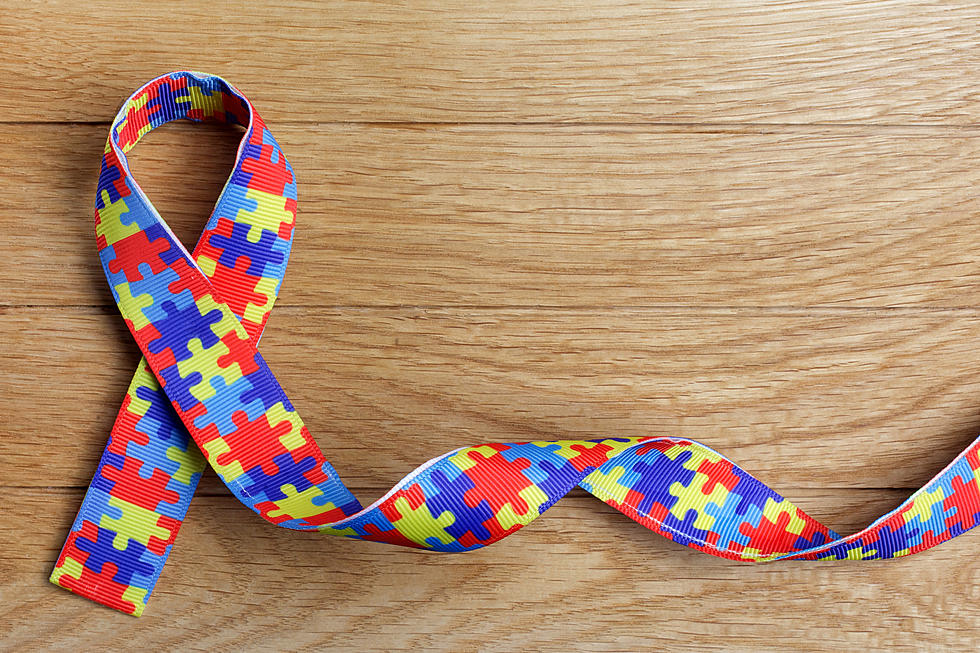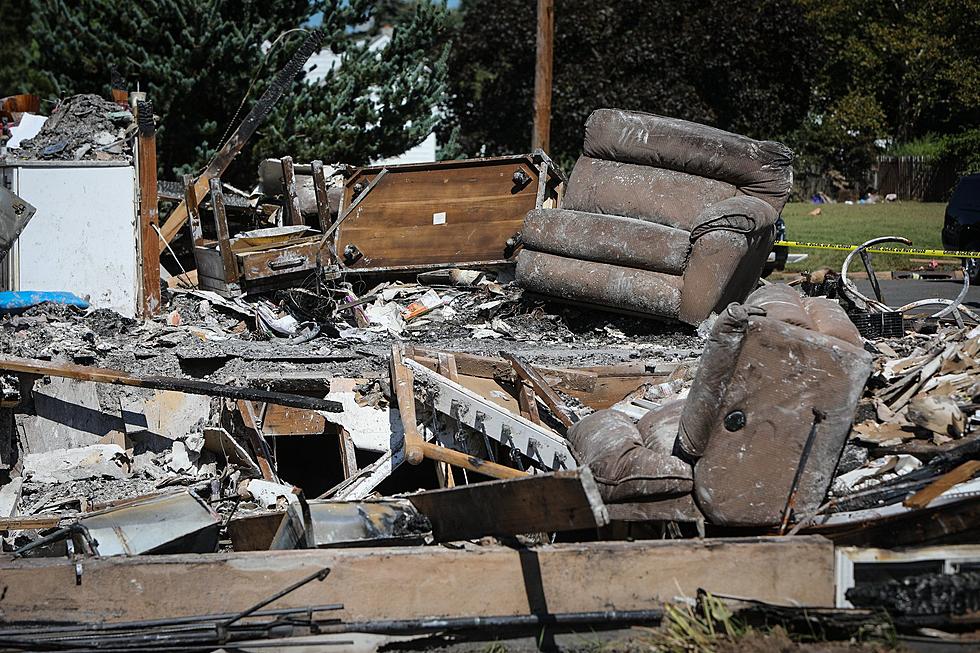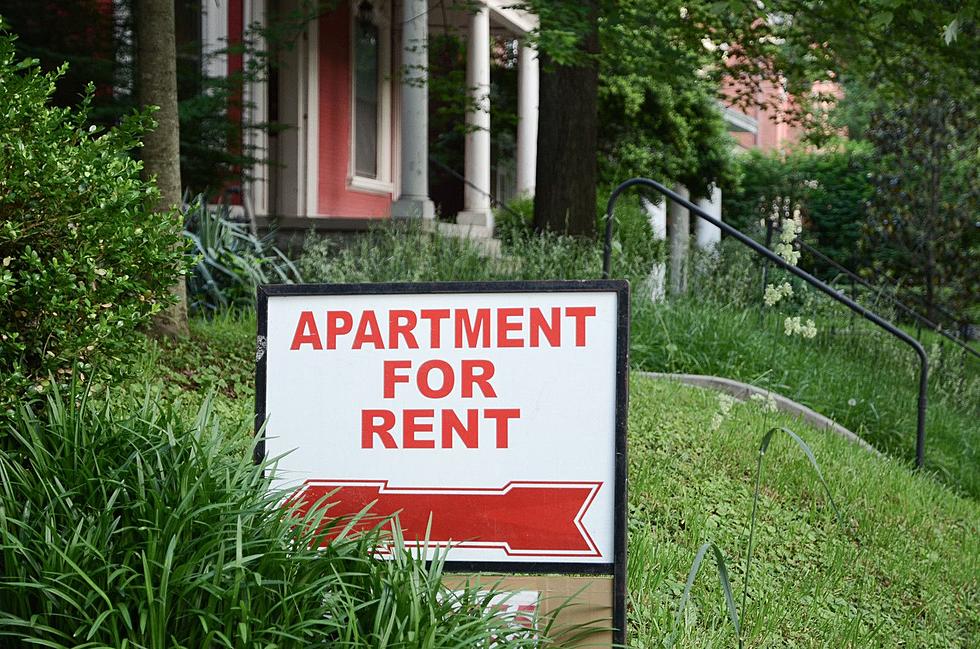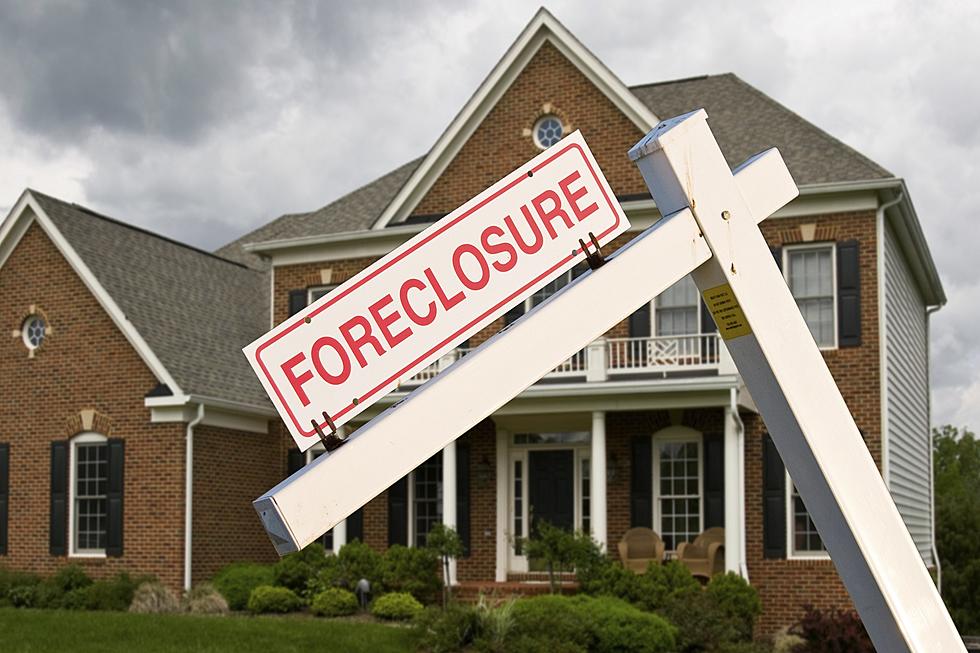![Finding Housing for Displaced Sandy Victims a Priority [AUDIO]](http://townsquare.media/site/385/files/2012/11/housing.jpg?w=980&q=75)
Finding Housing for Displaced Sandy Victims a Priority [AUDIO]
Almost a week removed from the super storm Sandy power is steadily being restored across the state and residents of the hardest hit areas are slowly returning to observe the damage, but with time ticking the concern is the future for the victims of the storm.
Congressman Chris Smith has been following the tragic outcome of the storm since it hit Monday evening and notes with so many remaining in shelters after their homes have been destroyed, there needs to be consideration for medium and long term housing.
"Temporary shelters need to transition into a more durable housing situation, and frankly that's one of our biggest challengers."
Traditionally hurricanes hit during the late summer season when the weather is warmer, but Sandy hit right into the first week of November when temperatures are expected to drop into the mid twenties. With so many without power, and gasoline for generators a difficult to get commodity, it means heating becomes a concern as well.
"People who are elderly or very young and exposed to below 68 degree temperature environment, were talking fifties maybe inside the house, you can get very sick." Says Smith, noting things like hypothermia and pneumonia pose even greater risks to victims.
What's most important, says Smith is to not forget about those displaced by Sandy after the initial momentum of media coverage fades.
"As people get out of the shelters and into other places, it has to be all hands on deck to help those that suffered so much."
The devastation caused by Sandy along the Jersey Shore has drawn parallels to Hurricane Katrina's path of destruction through the Gulf Coast, however Smith says they aren't going to let the mistakes made six years ago rear their heads again. "All the lessons learned years to date from every hurricane and debacle we faced from mother nature are going to be applied effectively."
More From New Jersey 101.5 FM
